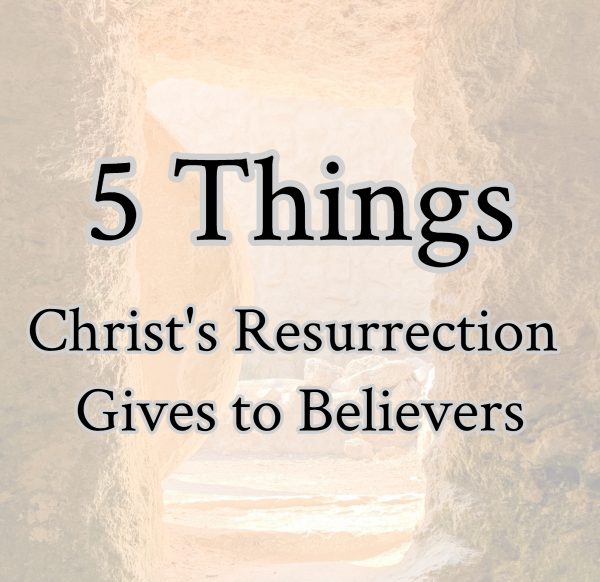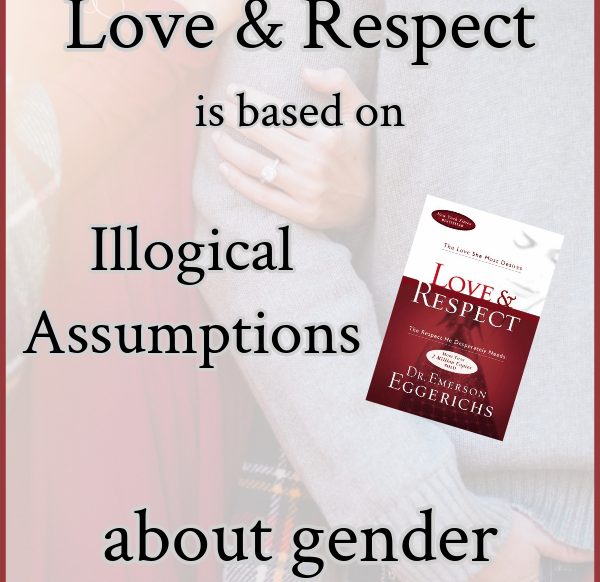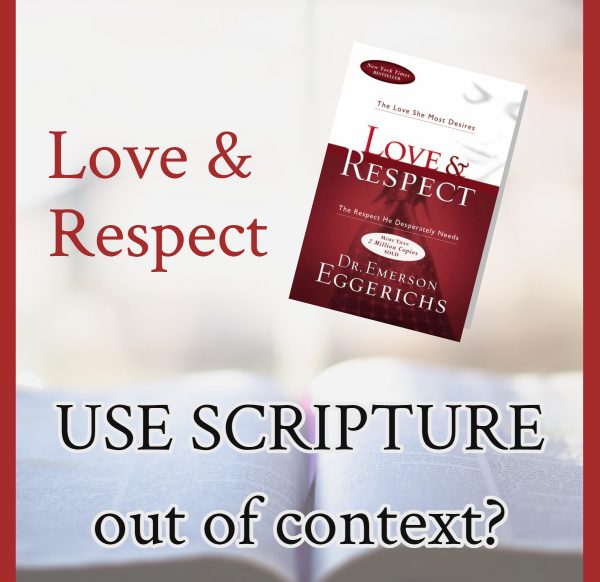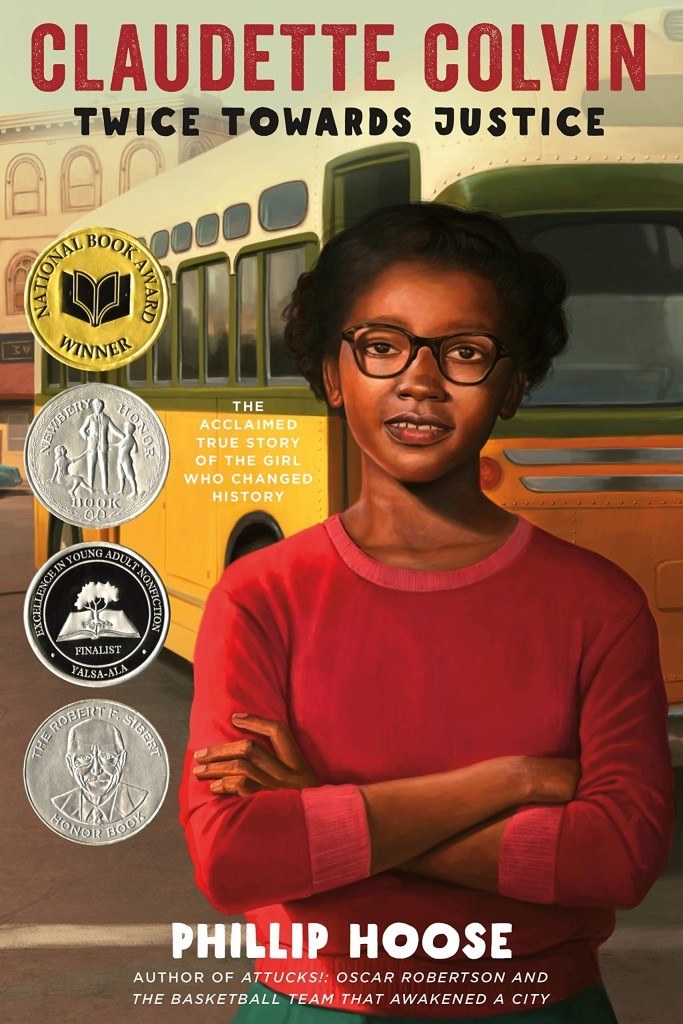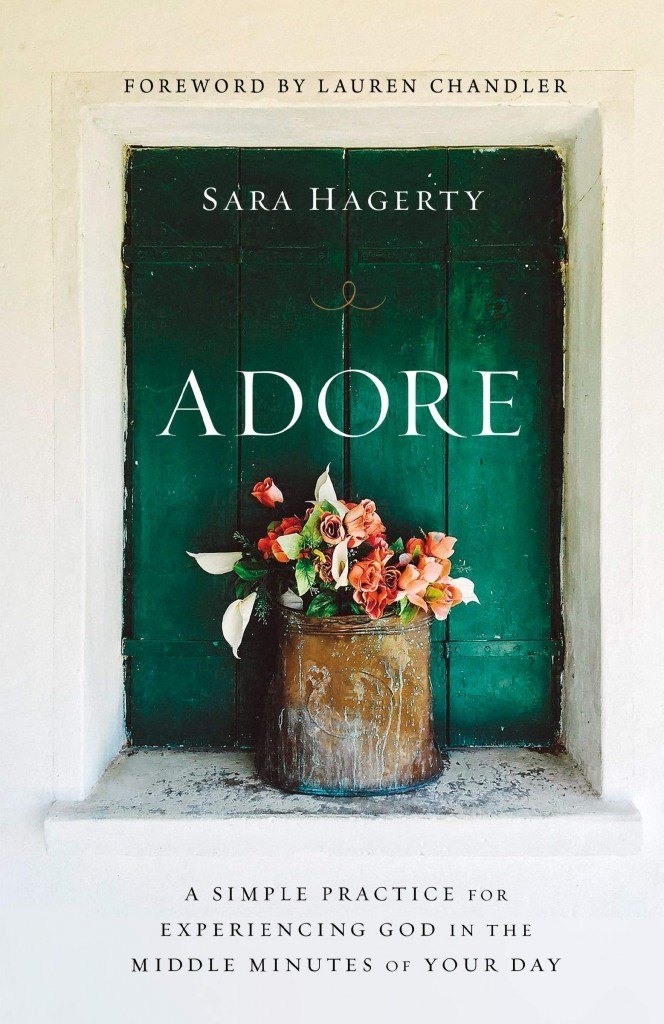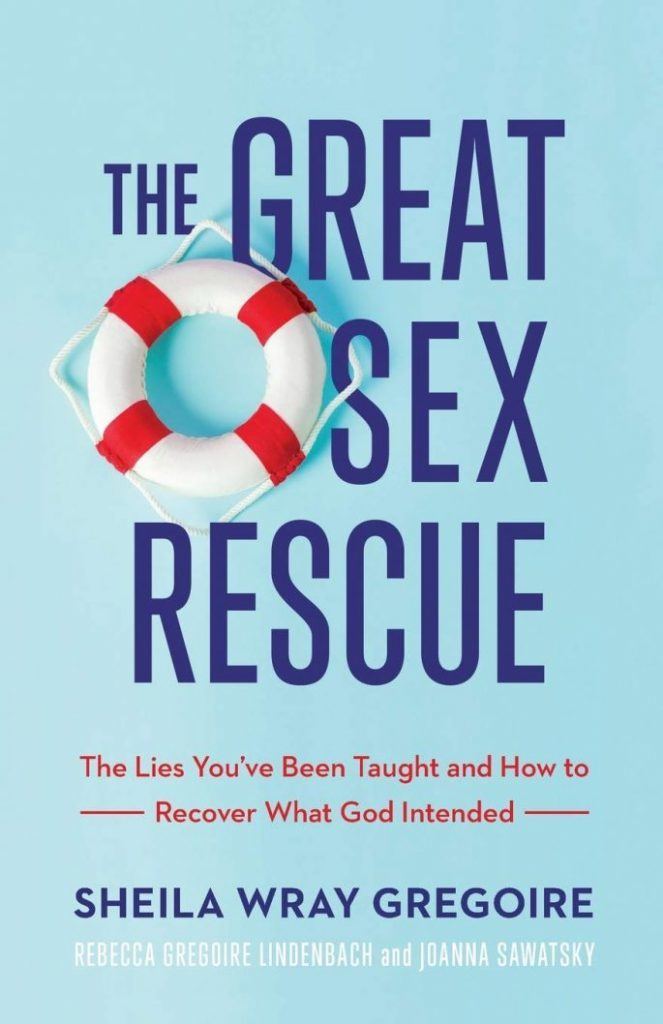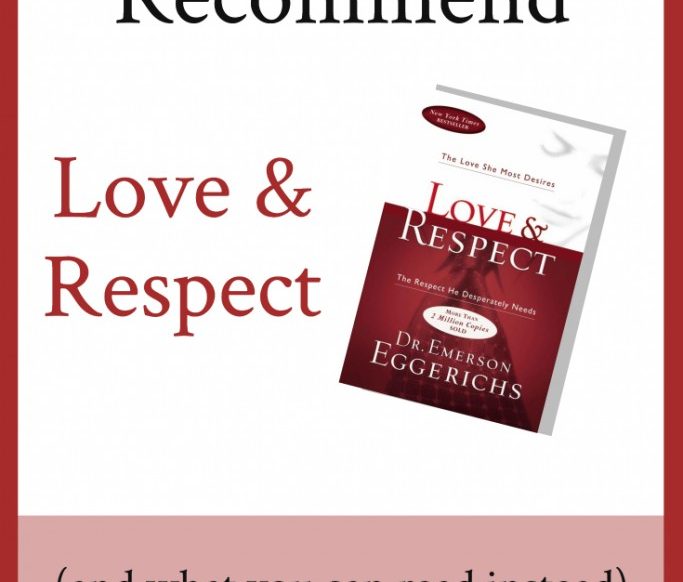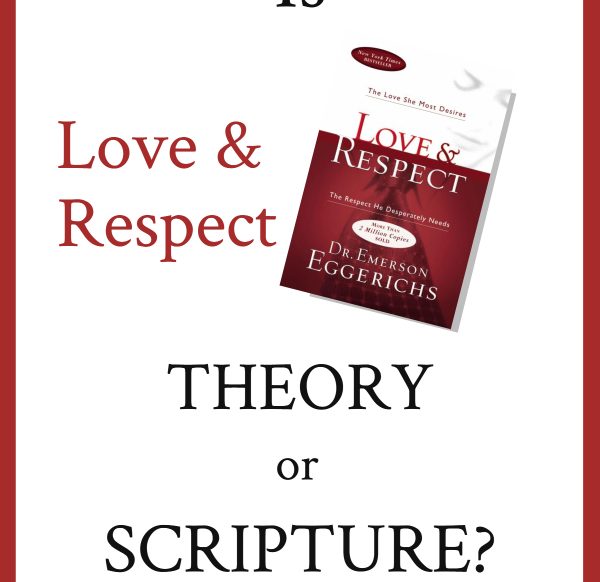5 Things Christ’s Resurrection Gives to Believers
Yesterday we spent some time as a family reading and discussing the scriptures from The Power of the Resurrection collection.
My heart is always blessed to read and think about Christ's sacrifice for us on the cross. But this sacrifice would mean nothing if it weren't for the victory over sin and death that he proved through his resurrection.
As I thought about the sequence of the scriptures, I identified 5 major things that Christ's resurrection provides for the believer.
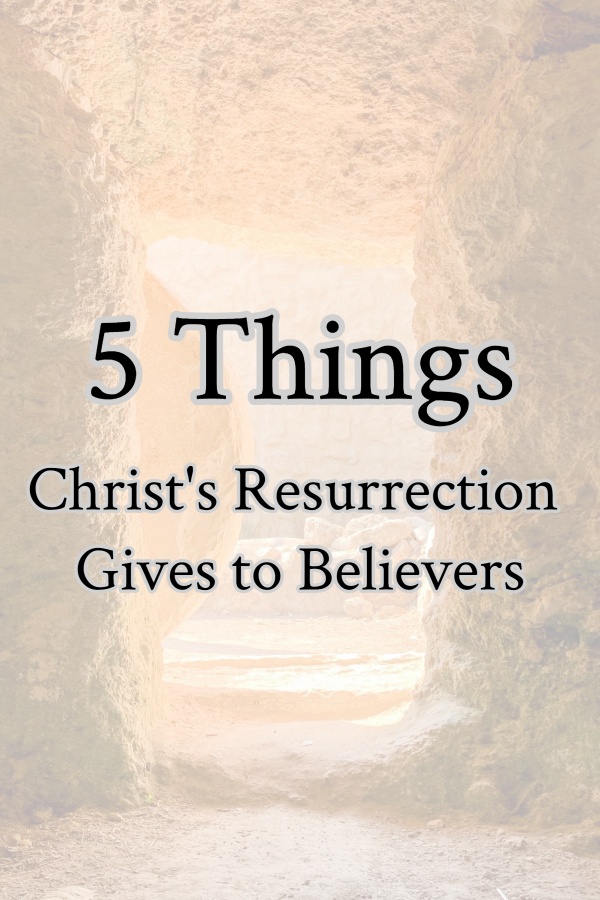
1. Deliverance from the penalty of sin
If in this life only we have hope in Christ, we are of all men most miserable. 20 But now is Christ risen from the dead, and become the firstfruits of them that slept. 21 For since by man came death, by man came also the resurrection of the dead. 22 For as in Adam all die, even so in Christ shall all be made alive. (I Corinthians 15:19-22)
2. Hope of eternal life
Jesus said unto her, I am the resurrection, and the life: he that believeth in me, though he were dead, yet shall he live: 26 And whosoever liveth and believeth in me shall never die. Believest thou this? (John 11:25-26)
3. Freedom from sin's power over us because Christ, who conquered sin, now lives in us
Now if we be dead with Christ, we believe that we shall also live with him: 9 Knowing that Christ being raised from the dead dieth no more; death hath no more dominion over him. 10 For in that he died, he died unto sin once: but in that he liveth, he liveth unto God. 11 Likewise reckon ye also yourselves to be dead indeed unto sin, but alive unto God through Jesus Christ our Lord. (Romans 6:8-11)
4. Security that once made alive with Christ we can never be condemned
What shall we then say to these things? If God be for us, who can be against us? 32 He that spared not his own Son, but delivered him up for us all, how shall he not with him also freely give us all things? 33 Who shall lay any thing to the charge of God's elect? It is God that justifieth. 34 Who is he that condemneth? It is Christ that died, yea rather, that is risen again, who is even at the right hand of God, who also maketh intercession for us. (Romans 8:31-34)
5. Comfort that we will spend eternity with the Lord along with our believing loved ones who have died before us
But I would not have you to be ignorant, brethren, concerning them which are asleep, that ye sorrow not, even as others which have no hope. 14 For if we believe that Jesus died and rose again, even so them also which sleep in Jesus will God bring with him. 15 For this we say unto you by the word of the Lord, that we which are alive and remain unto the coming of the Lord shall not prevent them which are asleep. 16 For the Lord himself shall descend from heaven with a shout, with the voice of the archangel, and with the trump of God: and the dead in Christ shall rise first: 17 Then we which are alive and remain shall be caught up together with them in the clouds, to meet the Lord in the air: and so shall we ever be with the Lord. 18 Wherefore comfort one another with these words.
(I Thessalonians 4:13-18)
There is so much to ponder and be grateful for when we consider Christ's resurrection! Easter time means so much more than a special service or new clothes. It's about the abundant, new life that is provided through The Power of the Resurrection! (Click here for the entire collection of resurrection verses.)
Love & Respect is Based on Illogical Assumptions about Gender
This post is part three in a series that describes some of the problems with the book Love & Respect. As you will find in the introductory post of this series, this is not intended to “bash” any author or to condemn anyone who read and enjoyed it. Instead I aim to answer questions I have received, and to help you understand how this book has harmed many people who read it. When you are aware that a book has the potential to harm someone, my hope is that you will either encourage your friends to skip it or to make them aware of the potential issues before they read it so that they do not come away with ideas that could be damaging to them or their spouse.
As I have already pointed out in part one and part two of this series, I believe Love & Respect’s biggest fault lies with the fact that the author presents his theory (what he calls the “Love and Respect Connection”) as Biblical truth. The natural understanding is that if one chooses not to follow the author’s advice, they are really rejecting what God says.
Observe the following quote from Love & Respect: “Men’s deepest need is respect and women’s is love. When your husband makes you feel unloved or your wife makes you feel disrespected, that is because you have not met this deepest need of theirs. Therefore, husbands love your wives (so you can meet her deepest need,) and wives, respect your husbands (so you can meet his deepest need.”) To say that this is what God said in Ephesians 5:33 is to add a whole lot to the word of God, and to make a whole lot of assumptions.
If one looks closely at the endnotes of the book, he will find the author’s admission that “The Love and Respect Connection is what the author infers from Ephesians 5:33 and is not its actual theology. Although he paid lip service to acknowledging that this “Love and Respect Connection” is only his theory, two sentences later he goes right back to presenting his theory as scripture: “Ephesians 5:33 reveals that a wife needs love and a husband needs respect, and when those needs are unmet each spouse reacts at some level” (from chapter one end notes). In the front matter of the book he promises his readers that couples who “submit themselves wholeheartedly to this biblical design for marriage” will have “limitless” potential for improving their marriage, I will not rehash the many other ways that he misled his readers into believing the material was God’s word, but if you read parts one and two of this series you will see that this message pervades the entire book.
If the “Love & Respect Connection” is nothing more than a theory, and if the author knows that, why on earth does he make such bold promises that these rigid interpretations of each gender’s needs have “limitless” potential to improve their marriage? (I do not have an answer for that. Only he knows his heart, and I will not assign motives to him, but it is a tragedy that so many people have been hurt by placing their hope in what they were told was the Biblical “key to any marriage problem.”)
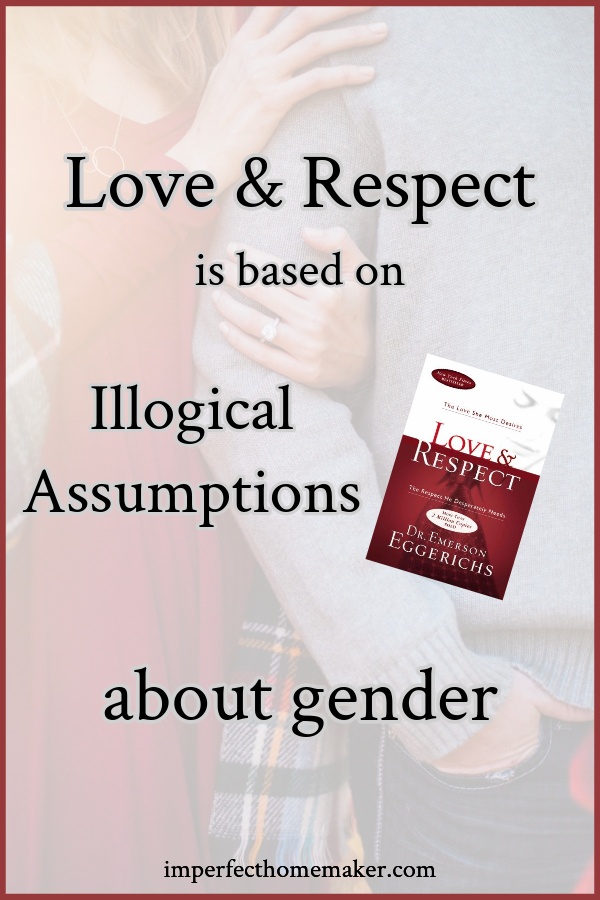
What about couples where the wife would much rather feel respected than anything else or the husband would rather feel loved?
Because the author has already presented his theories about each gender’s needs as if they are Biblical fact, there is no room for him to say that perhaps every individual is different in regard to their personal values, needs, and feelings. While there are no doubt generalities that will apply to most males or most females, there are no dogmatic rules regarding who would most like to feel loved and who would most like to feel respected.
The author addresses “exceptions to the Love & Respect Pattern” in Appendix D, and his explanation basically says that women who prefer to feel respected are actually at their deepest core seeking love and men who prefer to feel love are at their deepest core seeking respect. In other words, the author uses circular reasoning to hold to a dogmatic position of each gender’s needs. He states his conclusion without any evidence (men need respect; women need love), but when men and women try to assert that they feel differently, he refutes that by saying that they don’t actually feel differently because respect and love are the primary needs of men and women.
Some additional problems with asserting rigid gender stereotypes:
The author’s assertion that a man’s primary need is respect and a woman's primary need is love is based on two things. First, as has already been expounded upon, it is based on his own theory. Second, it is also based on a survey question used by Shaunti Feldhahn in her book For Women Only: What You Need to Know About the Inner Lives of Men.
In the survey, she asked 400 men which of the following, if forced to choose, would they prefer to endure: a) to be left alone and unloved in the world or b) to feel inadequate and disrespected by everyone. Out of the 400 men who answered the survey, 74 percent of them said that if they were forced to choose, they would prefer to be alone and unloved in the world (Love & Respect, p. 49).
The problem with drawing rigid conclusions about each gender from this survey question is a multi-faceted one.
1. The survey only asked 400 men this question. This is not nearly large enough of a sample size to draw any conclusions about “all men.”
2. The survey respondents were given a choice between which two things they would choose to feel, if forced. However, being presented with only two options and forced to choose between them does not necessarily lead to any conclusion that the choice one makes is their deepest need.
3. Shaunti Feldhahn's survey expert warned her that the men who responded to her survey may have a hard time choosing between the two answers. A pilot study of 10 men revealed that the men “fussed over” the question because “they did not feel the choices were different” (For Women Only, p. 23). In other words, how can one conclude that a man's deepest need is respect when he feels that feeling unloved and feeling disrespected are the same thing?
4. Women were not asked the same question. It is logically incorrect to assert that women's primary need is love when women did not even answer the question.
Along with making unsupported assertions that men's and women's primary needs are respect and love, the author of Love & Respect spends many chapters elaborating on specific types of behavior spouses can display that will make the other gender feel either respected or loved.
Although people write to him claiming that they feel differently than what he is saying (appendix D), he seems to dismiss their individual experiences in favor of holding to rigid gender differences.
Conclusion
I want to be clear that I am not dismissing the importance of either love or respect in a marriage. Neither am I dismissing the fact that there do seem to be general ways in which many women or many men think and act differently.
What I am saying, though, is that there is no Biblical or logical evidence that all men and all women have specific, gender-determined needs or that all men or women will interpret certain behaviors from their spouse the same way.
For example:
Some women may be the first to start a conversation when there is conflict while the man goes silent. In other cases, it may be the opposite.
Some women may enjoy having their financial or intellectual abilities appreciated while the man may not be talented in those areas and doesn't want his wife to pretend like he is.
Some women may have a higher sex drive while the man may not be interested as often.
I have no problem with an author presenting practical ideas that spouses can use to aid them in communicating with and understanding their partner. But as I have already made clear, the big problem for me all comes back to the author's presentation of the material – leading the reader to believe that his points are all clearly Biblical, then backing up those points with (illogical) “science”, both of which make the reader feel they are obligated to engage in specific behaviors that will meet their spouse's “deepest need.”
Instead of learning to interact authentically as unique individuals, spouses learn to alter their behavior to conform to a formula that has no firm Biblical or scientific foundation.
The result is that men and women with a destructive spouse suffer even further damage, and those with good-willed spouses learn to engage with their partner based on assumptions about them rather than on healthy communication.
To find all the posts in this series, click here: Why I Don't Recommend Love & Respect
Love & Respect Uses Scripture Out of Context
We have already seen in part one of this series that Love & Respect misuses scripture by leading the readers to believe that the author’s theory about men’s and women’s deepest needs is God’s unchanging revelation. (Read that post here.)
In this article we will take a look at some of the other ways that Love & Respect misuses scripture.
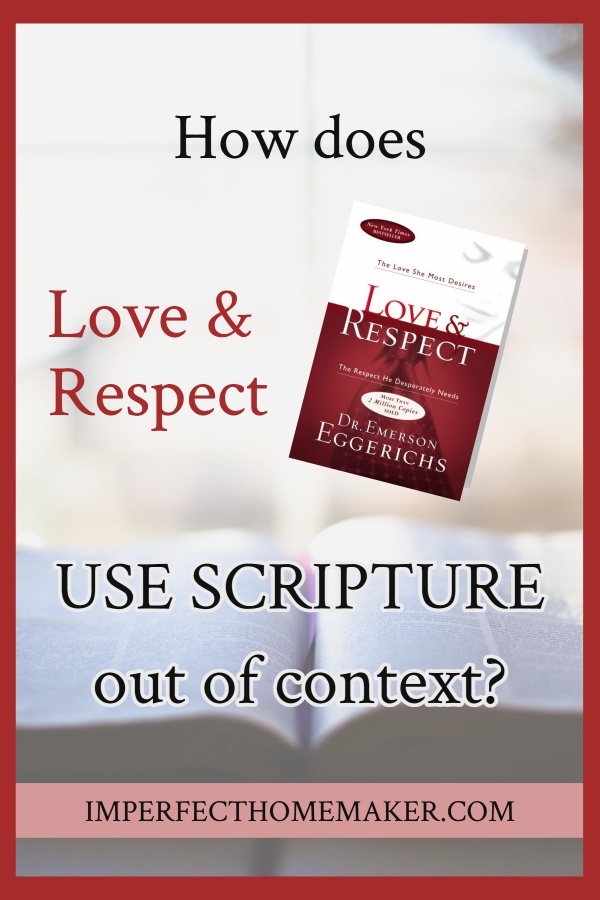
Giving the Benefit of the Doubt
Truly, I could nitpick all day at some of the “little” ways that the author uses scripture out of context to prove a point, but I do not feel that it is worth our time to examine every single one.
For one thing, I want to give the benefit of the doubt. Some of these instances of taking scripture out of context seem innocuous enough, and perhaps they were not purposely used to prove an extra-biblical point.
I have not bothered to include any of these as I do not feel it necessary to split hairs about every little thing.
Subtle, Yet Problematic
Other examples, though they may seem harmless on the surface, are more problematic when one takes a closer look.
Take this section for instance:
“A husband is geared to hear the command, ‘Take courage…be men and fight’ (I Samuel 4:9)” (p. 50).
Knowing that the author takes liberties with declaring his own ideas as Biblical truth made me curious to look at this closer too.
Along with his theory that men’s primary need is respect and women’s is love, he presents supporting theories throughout the book about other ways that men and women are different. God made males and females, and I believe he created them distinct from each other on purpose. But the author takes this idea to an extreme and lays out intricate descriptions of how all men and all women are wired, and quotes scripture verses to support these descriptions. The understanding is that when a wife learns these unquestionable truths about how her husband is wired and acts accordingly, this will make him feel respected. And when a husband treats his wife according to how she is wired she will feel loved.
Now, is it important for husbands and wives to know what makes their spouse tick? Will they be much less likely to unintentionally offend if they know the other might interpret what they say differently than they intend it to mean.
Certainly so; therefore it’s important to learn good verbal and non-verbal communication skills.
But instead of teaching spouses to learn to appreciate each other’s individual differences, the author of Love & Respect expends a great deal of effort to prove very specific things that all men and all women need, and lays out specific male/female formulas they must follow in order for their spouse to feel understood.
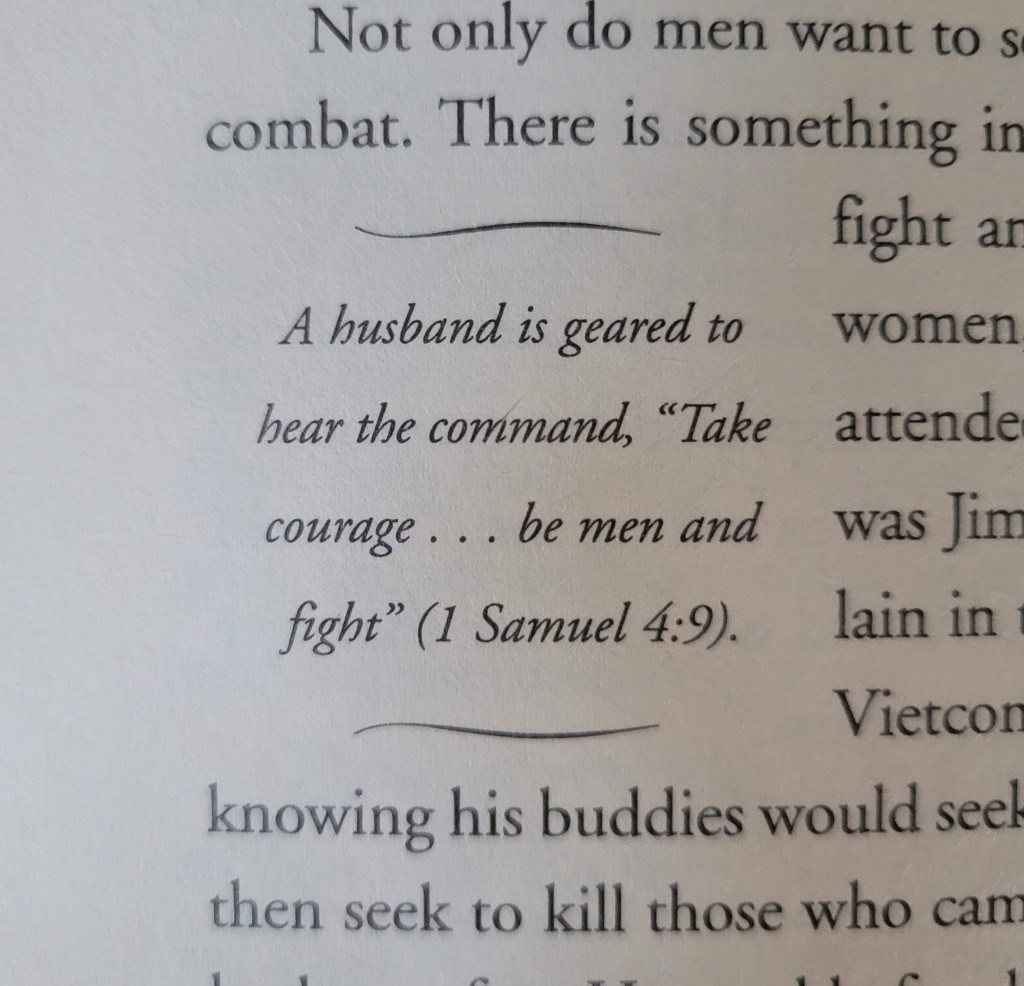
My objection to this part about men being geared to fight is not so much about debating whether being suited for combat is a male/female difference. My objection has a whole lot more to do with the context of the entire book in which rigid gender needs are “proven” from out-of-context scripture verses.
Let’s take a closer look at I Samuel 4:9. In this passage, the Philistine army had battled and defeated the Israelite army. The Israelites determined that their best course of action was to bring the ark of the covenant to their encampment. When the Philistines realized that the ark had been brought to the Israelite army, they became afraid because they believed God himself had come into the Israelite’s camp. They knew that the God of the Israelites was powerful enough to defeat them. In the midst of their fear they said to one another that they must be strong like men and fight, lest they become servants to the Hebrews.
This account of a battle between the Philistines and the Israelites has nothing to do with proving that men are “geared” to fight in combat. But this type of proof-texting occurs frequently throughout the book, and if one does not take the time to look up each scripture verse in its context, one will take the contents of the book as Biblical truth. But placing scripture references in parentheses next to a statement does not mean it is Biblical truth.
The previous example is just one of many where the author misuses scripture by trying to extract something in order to assign labels to each gender.
Without these fixed gender labels regarding what each gender’s deepest needs are and how each gender views the world, the book falls apart.
As I noted in the article about Love & Respect equating theory with scripture, it is not wrong for an author to present his theories. He could have even presented his gender labels as “many women need…” or “a lot of men feel that…” and he would not have been dishonest.
But to misuse scripture in order to present these gender labels as gospel truth, and to form an entire one-size-fits-all formula around them is misleading at best.
He does not provide any doubt that this strict presentation of gender labels is purposeful. Statements like these appear throughout the book:
“Paul is clearly saying that wives need love and husbands need respect” (p. 15).
“Peter is definitely talking about unconditional respect” (p. 18).
“To speak his language, remember: ‘the wife must respect her husband’ (Ephesians 5:33 NIV)” (p. 66).
“Ephesians 5:33 reveals that a wife needs love and a husband needs respect, and when those needs are unmet each spouse reacts at some level” (chapter one endnotes).
Pink and Blue Sunglasses
As yet another example of how the author tries to proof-text men and women into very specific boxes, he goes on to use I Peter 3 to construct an entire section about pink and blue sunglasses, meaning the different ways in which men and women see the world (p. 32).
But First Peter 3 has nothing to do with pink and blue sunglasses. If he would like to try to help husbands and wives understand that their partner may be looking at something from a different perspective than they are, he should feel free to do so, but to construct this advice around an out-of-context verse is careless and unnecessary.
The point of I Peter 3:7 is not at all to point out that men and women wear blue and pink glasses, respectively. It’s a command to men to honor their vulnerable wives. While there are some generalities that apply to most men or women, every individual sees things differently. If two people of the same sex are living together as roommates, there will occasionally be conflict between them because they will not always see eye to eye. This is not a unique problem only between males and females, and the answer to interpersonal conflict is much more complex than using formulas of what “all males” or “all females” need.
Presenting these gender-based formulas as Biblical does a disservice to couples because it leads them to believe that they are guaranteed to work. It is unfair for an author to lead wives to believe that it is a Biblical guarantee that men “need to feel respected even more than to feel loved” and that “respect is the key to motivating a husband” (p. 49-50) when it is merely his theory and not actually a guarantee.
Wives Ask to Be Unloved?
“Wives virtually ask to be unloved when they ‘look down on their husbands’ (Esther 1:17 NIRV)” (p. 59).
Here is another concept this author teaches that he has extracted from a verse out of context. Let’s take a closer look at what this verse is about.
In Esther chapter 1, queen Vashti refuses the king’s command to come show off her beauty to the royal court. The king became angry and asked his advisors what should be done to Vashti. The advisors told him that there needed to be repercussions for Vashti’s refusal of the king’s command; otherwise all the women will hear about what the queen has done. Then they won't respect their husbands” (Esther 1:17 NIRV).
This passage has absolutely nothing to do with wives “virtually asking to be unloved!”
To even imply that if a wife is unloved by her husband it is because she “asked for it” is at best unfair and in many scenarios dangerous.
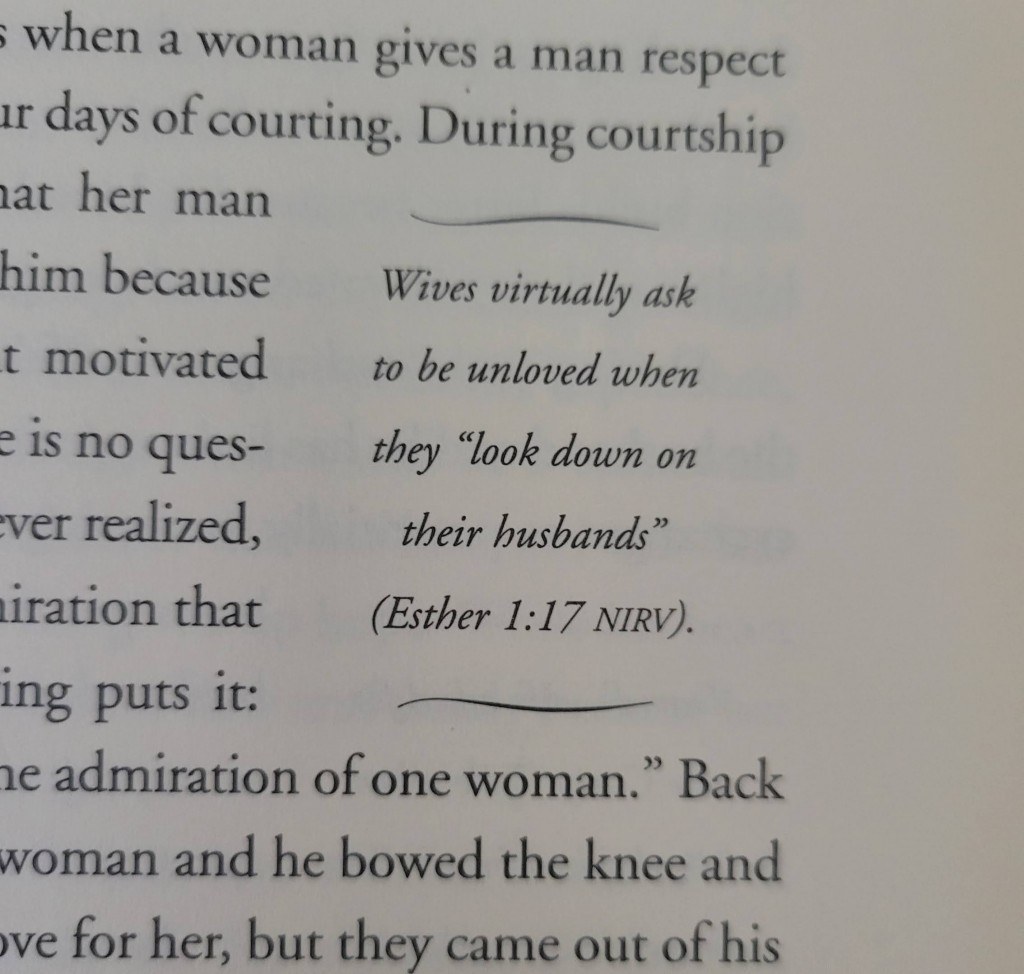
Conclusion
From my notes that I took as I read the book, I compiled a list that contains many more examples of the author’s use of proof-texting in order to present his concepts as Biblical truth, but I believe I have shared enough already to make my point.
Even if I agree with much of what an author says, I am not okay with that author leading people to believe that his theories are Biblical truth when what he has actually done is to manipulate the scripture in order to make his points.
The disastrous result of laying an impossible burden on people and claiming it is the “Biblical way” is illustrated by this heartbreaking comment I received from a lady named Wendy:
“Coming from someone who lived in an emotionally abusive marriage for over 16 years, this book encouraged my husband’s abuse and only made me feel that apart from perfection I was to blame for the abuse I was suffering…I can tell you the damage is huge to a spouse who has a heart for God and is in a marriage with a narcissist. Perfection wouldn’t have been enough. I was on one of the love and respect podcasts anonymously and was praised for my effort to continue to respect in spite of obvious abuse. Mr. Eggerich stated that if my husband didn’t change…I was to suffer for Jesus and continue to give and respect. 16 years later I found out my husband was living a double life of homosexuality, porn addiction, adultery with both women and men, and I was told he was a covert narcissist. My life was endangered, my children were in danger…if you are in a marriage with an abusive person…this book will only enable their behavior…I am grateful I am alive and my children are safe, but it was not without consequences.”
I am not okay with what happened to Wendy in the name of the “Biblical principles” taught in this book.
I am not okay with someone using scripture out of context to convince women it is their responsibility to motivate their husbands to love them.
I am not okay with an author telling women that if their husbands don’t love them it is because they “asked for it.”
I am not okay with an author telling a woman that if her husband mistreats her, she can just respect him more and it will make him love her.
That is my reason for this series. Too many people are suffering as the result of being encouraged by their pastors or counselors to read this book. It is promoted as Biblical and something that will revolutionize a marriage. And yet, it is not Biblical, and the only revolutionary change it has brought to many people’s lives is destruction.
Love & Respect is a best-selling book. Out of 33 million titles on Amazon, it ranks as of this writing at number 1,726. There is no telling how many thousands of people have read it and been harmed by their desire to obey what they were told was Biblical truth.
You can find the list of other problems with Love & Respect here. I hope you will pass this information on to others whom I hope will be spared from living a story like Wendy’s.
Homemaking Update March 2021
It's a new month, which means it's time for me to post some personal stuff about what I've been up to! I'm hearing from a lot of you that you enjoy a taste of “old-school” blogging, so I'll keep it up!

What I've read recently:

1. The kids and I finished listening to the audio version of Never Caught: The Story of Ona Judge. I want them to be exposed to truth, even when it's not always pretty and involves someone that many history books call a hero.
I don't think it's fair to look for ways that we can make everyone out to be a villain, but neither do I think it's fair to present only one side of the facts either. The kids and I enjoyed listening (the book is written specifically for younger readers.)
2. Someone in my Facebook feed shared an article about Claudette Colvin, a teenage girl who stood up to segregation on the Montgomery buses, and I was curious to know more. When I googled, I found this book, and it was included with my Scribd subscription, so I read it on there.
Here's what I wrote about it on Goodreads:
I love learning about people who did courageous things for no other reason than that it's the right thing to do. Claudette didn't do what she did for notoriety, she did it because she could not live a lie. She couldn't pretend segregation was OK, tiptoeing around society in order to get along. She did what was right, and she held her head high even when others (including those who should have been supporting her) turned their backs on her. I've never heard of Claudette Colvin until recently. She didn't make the history books, but it was her courage that spearheaded the lawsuit that would ultimately change history. We don't all have to make the history books, but we can all do the right thing with our head held high. Claudette's story should be an inspiration to everyone.
If you want to read it on Scribd, you can get a free 60 day trial through this link.
3. Adore: A Simple Practice for Experiencing God in the Middle Minutes of Your Day
From my Goodreads review:
I turned to this book when I found my thoughts getting anxious and my mind swirling with the cares of the day. I loved listening in on Sara's self-talk as she intentionally turned her own anxious thoughts toward God and his word. Her prompts helped me apply the word to my own circumstances and find peace and perspective in the midst of my frustrations.
4. The Great Sex Rescue
From my Goodreads review:
This book is intended to help wives (and husbands too) untangle the lies they've believed about God's design for sex. Lies like, “men are going to look, so make sure he looks at you” or that “sex is a duty that wives owe their husbands men have great needs in this area” can put a damper on whether or not couples can enjoy the intimacy of the sexual relationship. Instead of sex being an obligation and wives being used as drugs to keep their husbands off porn, The Great Sex Rescue will help couples discover the joy that can be theirs when sex is focused on mutual pleasure and true intimacy rather than just the act of intercourse.
I shared more about the author's motivation for writing this book here.
Something New I Tried This Month:
I got my second clothing subscription box from Wantable (read my full review of the service here.)
They sent some cozy clothes for me to finish off the last of the cold weather in (I ended up sending all of these back.)
They also have a feature where you can request specific articles for them to send. I got this dress that I requested and it fit well, so now I have a new addition to my spring wardrobe.
A Blog Post I Wrote This Month:
I inadvertently opened a whole can of worms when I asked on Instagram if anyone had read any Christian marriage books that had done more harm than good. When the book Love & Respect came up, I had a whole bunch of questions in my inbox. The book is very popular, and many people had read it and had a good experience, so they wanted to know in what ways it had caused harm.
I promised to answer the question, but I knew it would be a major undertaking. I had over 50 pages of notes that I had taken as I went through the book.
To make a long story short, I am now working my way through a series about the problems with Love & Respect, and the main hub of that series can be found here.
A goal I worked on this month:
I'm carrying a few extra pounds that I'd like to shed. So far I have struggled with this because learning a new plan like THM felt too overwhelming, and sticking to just eating healthy was not actually taking any weight off.
I'm finally doing something differently that is SO EASY and seems to be working slowly and steadily (I'm down 4 pounds within the first 2 weeks.) I'm not trying to be a tease, but I want to wait to share until I give it a long enough trial to know for sure that I recommend it. I promise I'll update you!
Something I've been meditating on lately:
As spring begins its arrival I've been meditating on the faithfulness of God. God has been keeping the seasons in order since the beginning of time. Each morning the sun rises and travels along the same path it has traveled every other day since it was created.
Psalm 104 tells of all the marvelous ways that God reveals himself through creation. I encourage you to read it and see if you can do anything besides thank God for his faithfulness!

The kids couldn't resist bringing in the first daffodil of the season.
If you'd like to keep up with more behind-the-scenes posts, feel free to follow me on Instagram.
Why I Don’t Recommend Love & Respect
This week on Instagram I asked a question about whether my followers had ever read a Christian marriage book that harmed them in some way or that they recognized might harm others with unbiblical messages. One of the books that came up was Love & Respect by Emerson Eggerichs.
This sparked a good deal of interest. Love & Respect is quite popular, and many people had never noticed a problem with it when they read it. They wanted to know more about what ways this book could possibly harm people because that had not been their experience.
Up until a few years ago, I had never personally read Love & Respect. But when I became an advocate for Christian victims of domestic abuse, I became aware that many victims had suffered greatly due to the concepts taught in this book. So when I saw it at a thrift store I picked it up so I could see what it said for myself.
I fired up my computer while I read it, and whenever I saw something that was unbiblical or that sent mixed messages, I copied that section and wrote down my thoughts about it.
I did not have to get very far through the book before I concluded that it was not something I would ever recommend. But I wanted to be completely fair and make sure I had read everything in complete context, so I finished the entire book, including all the appendices and endnotes.
Now that I have finished, I’ve been able to look at all the notes as a whole and see that the problems fall into a number of different categories, which I will share momentarily.
I worked hard in this process to give the benefit of the doubt and to try not to read something into the author's words that was not there. While many parts of this book are problematic at face value, other parts could probably be defended by saying that the problem only lies within the reader's interpretation of them. I have done my best to be honest about the difference between the two. Nevertheless, both scenarios are present within this book, and I want to make my readers aware of both avenues of potential harm.
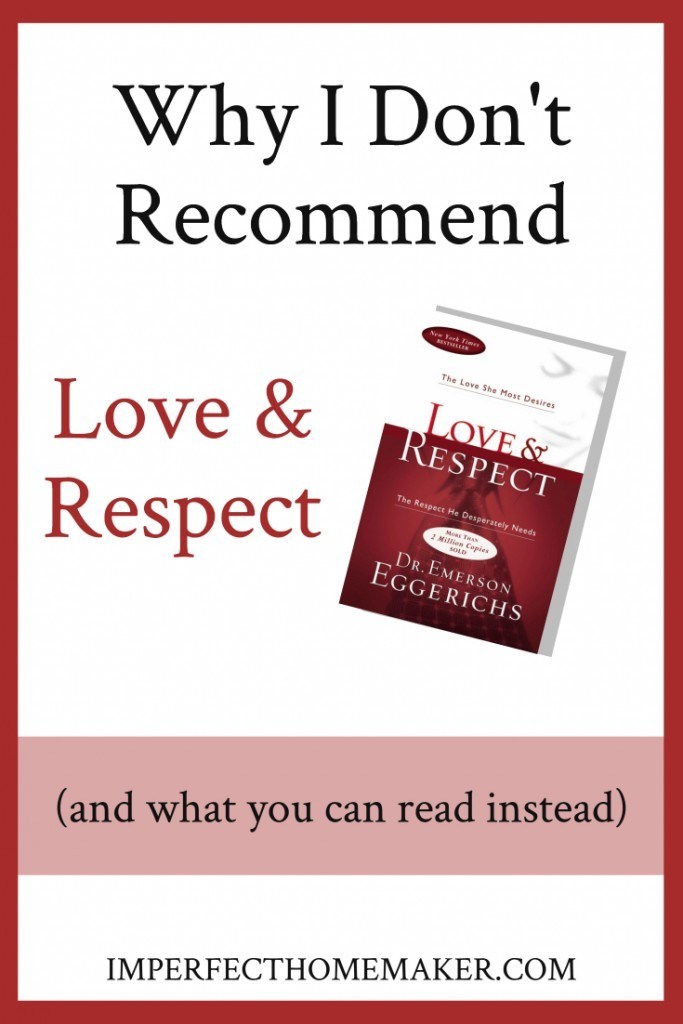
My Heart Behind This Post
But first, I want to be clear here. I am not writing this article to “bash” a book or its author. I understand that many of you have read the book and been helped by it, and I am truly glad for that.
I wish nothing but the best for you, and if you implemented ideas from Love & Respect that had a positive effect on your marriage, then I rejoice with you.
But it is this same fact of wishing nothing but the best for people which leads me to write about why I cannot recommend Love & Respect. Though you may have had a positive experience with the book, not everyone has had that same experience. Many people have been greatly harmed by reading and applying this book’s ideas. There are a lot of mixed signals within the book, and each person will pick up the signals that most strongly relate to them. So while one person may understand something in a helpful way, many others will understand it in a harmful way.
I fully acknowledge that many people may find this book helpful, but I am not willing to sacrifice an entire group of people as collateral damage.
So if you are in the category of people who have benefited from reading the book, may I ask one thing? May I ask that you not read this article as an attack on you or on a book that you liked? Rather than an attack against anyone or anything, this is intended to be a defense for those who have been hurt.
I hold nothing against you for reading and liking Love & Respect. I don’t think you are a bad or ungodly person because you liked it or were helped by it. Truth be told, had I read this book in the past, I most likely would not have thought there was a problem with it either. I would have read it through the lens of my own experiences, and would have formed some variation of the following conclusion: “My husband and I love each other deeply. But sometimes we misunderstand each other, and when we try to understand where the other is coming from it will enhance our communication and thus our marriage. The end. That's a simple enough message, so where's the problem?”
However, as I became exposed to perspectives outside of my own, and as I became aware that a great many people had been harmed as a result of following this book's advice, I knew that I had to examine it closely to see why that was.
This article is the result of that examination.
So before we begin I want to assure you once again that this is not about me trying to bash a book that you personally enjoyed. This is about my being thankful that you received help from it while also loving those who did not. Thank you for your willingness to consider a different perspective.
There is no way for me to thoroughly explain the reasons I don't recommend Love & Respect in just one blog post, so this article will serve as the “home base”, so to speak, and I will elaborate on each reason in its own post.
Here is the list of reasons I don't recommend Love & Respect:
1. Love & Respect equates theory with Scripture.
Theories are not in and of themselves problematic when people are aware that they are simply a theory. When an idea is presented as a theory people can try it knowing that it may or may not help them, and they are free to use or discard the idea as needed.
But a theory presented as “Biblical, unchanging truth,” communicates to Christians that it must be followed without question.
When this “Biblical formula” does not solve their marital problems, they will either conclude that God got it wrong (which I don't think most Christians would do) or they will conclude that they must be doing it wrong and they must try harder or be more patient. This does a terrible disservice to husbands and wives who only desire to please God in their marriage, but are led to believe they must follow a certain formula to do that. Many spend far too long in abusive situations, believing that this formula, which has “everything“ to do with what kind of marriage they will have (p. 15) will fix their problems in due time.
Read this post for further clarification about how Love & Respect presents theory as Biblical truth.
2. Love & Respect makes some of its main points with out-of-context scripture.
Along with his theory that men’s primary need is respect and women’s is love, he presents supporting theories throughout the book about other ways that men and women are different. God made males and females, and I believe he created them distinct from each other on purpose. But the author takes this idea to an extreme and lays out intricate descriptions of how all men and all women are wired, and quotes scripture verses to support these descriptions. The understanding is that when a wife learns these unquestionable truths about how her husband is wired and acts accordingly, this will make him feel respected. And when a husband treats his wife according to how she is wired she will feel loved.
Without these fixed gender labels regarding what each gender’s deepest needs are and how each gender views the world, the book falls apart.
As I noted in the article about Love & Respect equating theory with scripture, it is not wrong for an author to present his theories. He could have even presented his gender labels as “many women need…” or “a lot of men feel that…” and he would not have been dishonest.
But to misuse scripture in order to present these gender labels as gospel truth, and to form an entire one-size-fits-all formula around them is misleading at best.
Even if I agree with much of what an author says, I am not okay with that author leading people to believe that his theories are Biblical truth when what he has actually done is to manipulate the scripture in order to make his points, especially when the results are disastrous. (Read the entire post here to see the effects this can have on people.)
3. Love & Respect is based on illogical assumptions about each gender's needs.
The author of Love & Respect uses circular reasoning and incomplete data to present gender-based assumptions about the ways husbands and wives should interact with one another. Instead of learning to interact authentically as unique individuals, spouses learn to alter their behavior to conform to a formula that has no firm Biblical or scientific foundation.
The result is that men and women with a destructive spouse suffer even further damage, and those with good-willed spouses learn to engage with their partner based on assumptions about them rather than on healthy communication.
(Numbers 4-11 will be updated and linked as I work my way through writing this series.)
4. Love & Respect does not define its foundational words.
5. Love & Respect encourages selfishness, manipulation and lack of personal responsibility.
6. Love & Respect absolves abusers and blames victims.
7. Love & Respect does not adequately address abuse.
8. Love & Respect presents serious marital problems as something easily fixed by a one-size-fits-all formula.
9. Love & Respect emphasizes behavior change over heart change.
10. Love & Respect presents an unhealthy and potentially dangerous view of sex in marriage.
11. Love & Respect can harm marriages even where neither spouse is abusive.
I know this list looks really terrible, and perhaps you wonder if I am intentionally wording it in a way that makes it look worse than it is.
I realize that if you were helped by this book, you didn't come away with the idea that you should accept abuse or that you had no personal responsibility for your own actions. Not every person who read the book is now focused on behavior change over heart change. To that I say, “Praise the Lord.” I am thankful that you have the humility and the sensitivity to the Holy Spirit never to find an excuse in something you read for selfishness and ungodliness on the part of yourself or your spouse.
However, the fact that these ideas are not what you got out of the book does not take away the fact that these ideas are actually in the book.
I have no control over who will take away any of the above ideas after reading Love & Respect, and because all of these ideas are either unbiblical or harmful I cannot recommend the book.
If you've already read it and didn't take away any harmful ideas, then why does this article matter to you now?
Many of you know others who have not read it yet but will encounter it. Perhaps their marriage is in crisis and their counselor recommended it to them. Or maybe their ladies group at church is planning to do a study on it.
Although you did not have a negative experience with the book, that is no guarantee that people you know and love will not.
You can make them aware of the problems within it so that they can either a.) choose to skip it or b.) be fully aware of the problems before they read it.
What do I recommend instead of Love & Respect?
Since I do not recommend Love & Respect, I thought it would only be fair to recommend some alternatives that one could read instead.
At the risk of sounding snarky and holier-than-thou, I will say that I believe the Bible is the best marriage book there is. As a husband and wife grow in their personal walk with Christ it affects every other aspect of their lives, including their marriage.
However, I certainly have no problem with reading other books as well. They can be a great source of practical ideas.
Communication and Working Through Conflict:
This original book will help you understand what is and is not your responsibility, how to communicate your needs with others, and how to listen when others communicate their needs to you.
This book will go further in-depth into how the concept of boundaries works within a marriage. Boundaries are not at all about making anyone else do what you want, but are all about learning what is your responsibility and taking ownership of it.
For Struggles with Sexual Intimacy:
This book aims to expose wrong ideas husbands and wives believe about sex and to re-frame them in a healthier way so that couples can enjoy passion, intimacy, and wholeness the way God intended.
For Spouses in Deep Emotional Pain
The Emotionally Destructive Marriage
There is a difference between a destructive marriage and a difficult one. If you are in constant emotional pain, this book will help you sort out the difference between the two. You will learn steps you can take to resolve the conflict with your spouse and what to do if they choose not to change.
It is important to note that no book is a cure-all, nor will it necessarily be a perfect fit for your situation. As we explored in the first point of this article, following the ideas in a book as if they are irrefutable truth can lead one to great harm. The reason I am comfortable recommending these books is that, unlike Love & Respect, they do not claim that their theories are “not just a nice little theory” and are “the key to any problem in a marriage”. However, even when a book does not claim to be absolute truth, it is important to remind oneself not to read it as such.
I hope this article has spurred your thinking and has encouraged you to see the value of those who have been hurt by Love & Respect, not because your own experience is invalid, but because theirs is valid too.
Love & Respect Equates Theory with Scripture
Does Love & Respect weight the author's theory equally with scripture? Let's take a closer look:
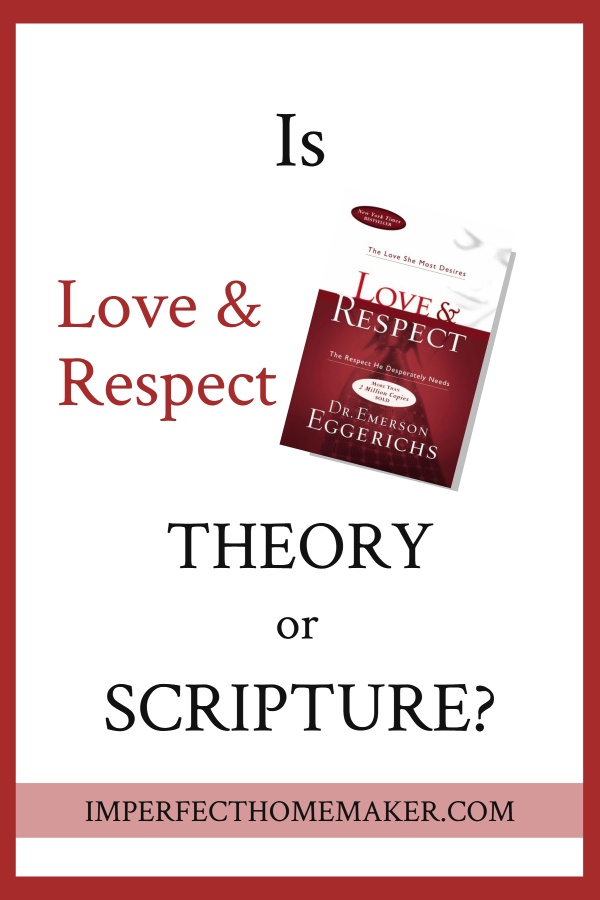
In chapter one, the author lays out “The Secret Hidden in Ephesians 5:33” (p. 14).
He says:
“Paul is clearly saying that wives need love and husbands need respect…As I will show throughout this book, the Love and Respect Connection is the key to any problem in a marriage. This is not just a nice little theory to which I added a few Bible verses.” (p. 15)
First, the author says that this Love and Respect Connection is the key to any problem in a marriage and is not just a theory to which he added Bible verses. He states in the introduction that this message on Love and Respect was God’s revelation to him and that these “essential truths…will never change — not any more than God Changes.” He tells the readers definitively that “The Love and Respect connection is clearly within Scripture” (p. 16). Pastors and counselors recommend the book as Biblical, and the description of the book states that it teaches husbands and wives (by means of the Love and Respect Connection) how to deal with conflict “Biblically.”
The result of understanding the Love and Respect Connection as “not just a nice little theory”, but as the clear revelation of God means that it is absolute truth and should not be questioned. It means it will have “everything to do with the kind of marriage you will have” (p. 15).
But if you take a closer look at his language, and also dig around in the endnotes, it becomes evident that Eggerich’s “Love & Respect Connection” is indeed only a theory and not an essential truth that will never change.
He refers to “my theory” twice on page 16, and another time on page 19. He says on page 17 that it is his experience as a counselor which confirms the truth to him that the wife primarily needs to feel love and the husband primarily needs to feel respect. Nowhere else in the book does he use any other scripture to back up the idea of the Love and Respect Connection. It is based only on his theory and his experience. Hidden in the endnotes in the back of the book is his admission that the Love & Respect Connection is his theory of Ephesians 5:33 and not actually the theology of it (p. 319).
This blurring of the lines between theology and theory does two things. First, it leads the reader to believe that what they are reading is unchangeable Biblical truth and must be followed unquestioningly.
Second, it increases the appetite of the reader to excitedly devour the contents of the book. Although it is presented as unchanging truth, it is simultaneously presented as a revolutionary secret. “This is the key that I have been missing;” “You connected all the dots for me;” and “You’re onto something huge here;” are all quotes that are used on the back of the book and as advertising material on retailer websites.
If something is unchanging, Biblical truth then it is not a secret, revolutionary idea. But if it is only a theory, then it is wrong to claim that it is unchanging, Biblical truth.
Let me be clear. Ephesians 5:33 as it stands is unchanging, Biblical truth.
But Eggerich’s “discovery” (p. 4) of “The Love and Respect Connection” is only his theory of how Ephesians 5:33 should be applied and not the unchanging revelation of God which he leads the reader to believe in the introduction.
The Love And Respect Connection, in a nutshell, is that love is a woman’s deepest need and respect is a man’s deepest need, and that when each partner meets this deepest need of their spouse, marital conflict will cease.
This one-size-fits-all formula is the theory which I am challenging. Although I have no objection whatsoever to an author presenting their theory, I do have a problem with someone writing an entire book that leads people to believe their theory is the unchanging word of God. The Ephesian husbands were commanded to love their wives and the Ephesian wives were commanded to respect their husbands, and that is all that one can unequivocally state from Ephesians 5:33. Nowhere does it say that this is because a man's deepest need is respect and a woman's is love, and nowhere in Love & Respect does the author attempt to prove this concept from any other portion of Scripture either. That is because it is only a theory, and not something on which every couple can hang their hat.
Theories can help people — when they know that they are theories and may or may not work for them.
But theories can also hurt people when they believe they are absolute truth and must be followed.
How many tender-hearted people with very complex issues within their marriage have endured years of unnecessary conflict because they chose to be obedient to what they were led to believe was God's unchanging truth and the key to any marriage problem?
All the posts about Love & Respect will be housed here.

